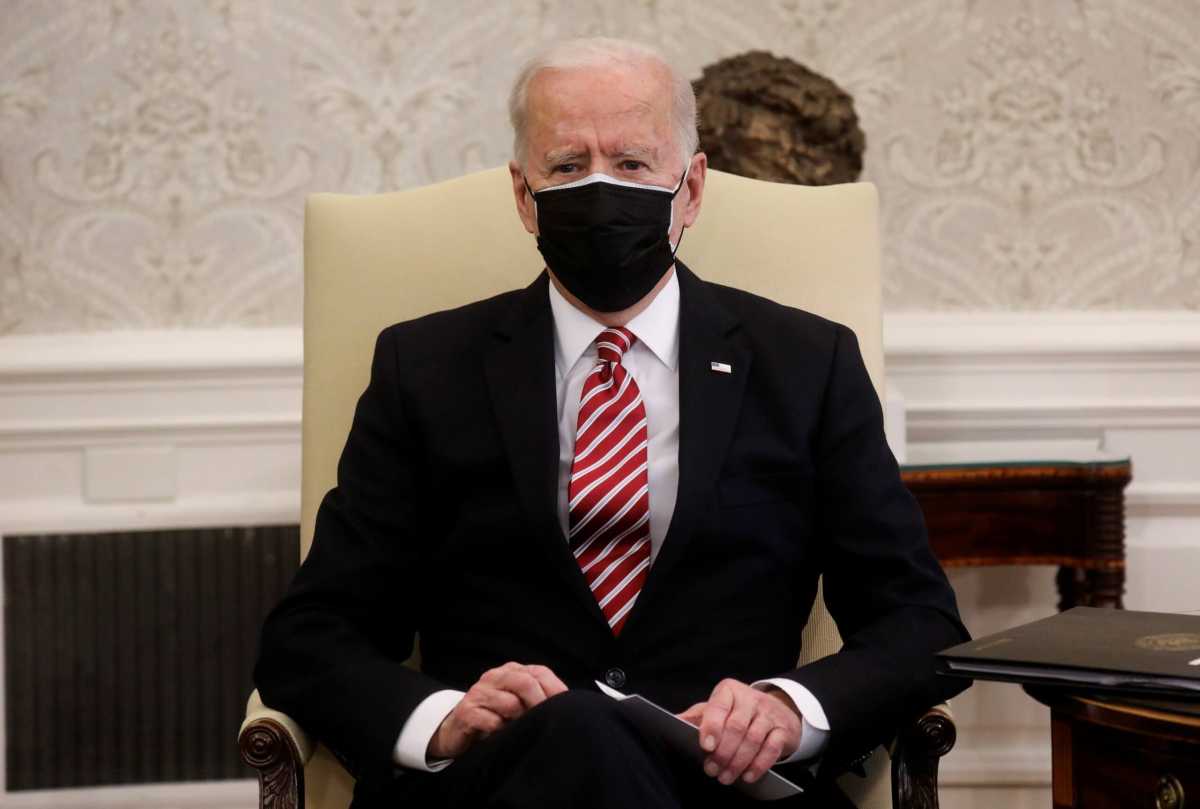Millions of U.S. households who received coronavirus-relief payments under President Donald Trump would not get aid under a modified version of President Joe Biden’s $1.9 trillion aid package announced on Wednesday, analysts said.
Under a compromise with centrist Democrats in the Senate, those payments would only go to individuals who earned less than $80,000, or couples who earned less than $160,000.
The income cutoff had been set at $100,000 and $200,000, respectively, under a version of the bill passed by the Democratic-led House of Representatives on Saturday.
That means nearly 9 million fewer households would get direct payments this time around, said Kyle Pomerleau, a tax analyst with the conservative American Enterprise Institute.
The Institute on Taxation and Economic Policy calculated that those payments now would help 11.8 million fewer adults and 4.6 million fewer children than the more generous version that passed the House.
But 200 million adults and 80 million children would still see benefits, the left-leaning think tank estimated.
“For the bottom 60% of Americans, the folks who really need help, there would be basically no difference at all,” ITEP analyst Steve Wamhoff said.
The lower caps would reduce the cost of the massive package by between $13 billion and $20 billion, they said – roughly 1% of the total.
Some 162 million households received payments under the first round of payments included in the CARES Act of 2020, according to the Internal Revenue Service.
The Democratic-controlled Senate expects to open debate on the package as early as Wednesday, with a final vote for passage seen later in the week.
At a total cost of more than $400 billion, the direct aid is one of the largest elements in a sweeping aid package that also pays for vaccines and medical supplies to fight the COVID-19 pandemic, and earmarks hundreds of billions of dollars to help revive the world’s largest economy.
The pandemic has killed more than 515,000 Americans to date and thrown millions out of work.
The bill would provide payments of up to $1,400 per person, including children – a significant jump from the $1,200-per-person payments approved under the CARES Act and the $600-per-person payments Congress approved in December.
As in those earlier aid packages, the payments would be reduced for individuals earning more than $75,000 and couples earning more than $150,000. The compromise announced on Wednesday means the payments are phased out more dramatically.




































